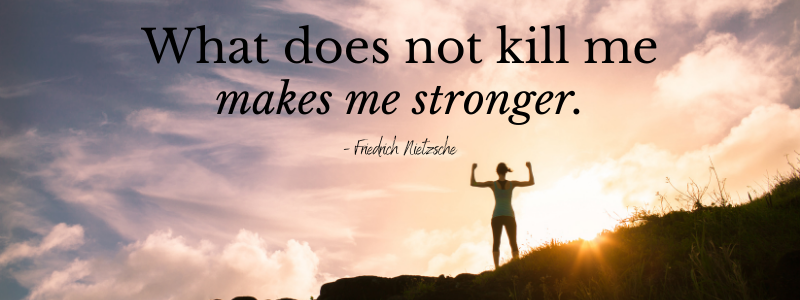Mind/Body Success
Meditate for Health, Happiness, and Peace of Mind
You’ve heard the common wisdom on how to short-circuit an argument, avert a screaming match, or ward off a meltdown.
“Breathe. Take a deep breath. Count to ten.”
If you’ve ever tried it, you know it works. But these stop-gap measures, if taken to the next level, can actually heal your body, soothe your mind and balance your emotions. It’s called meditation, and doing it doesn’t necessarily mean you have to sit in the lotus position or burn incense.
A growing number of medical professionals, scientists and practitioners vouch for its effectiveness. “Regular meditation practice has a powerful impact on the mind and body, rewiring the brain and bringing us all kinds of benefits: contentment and well-being, resilience and focus, better mental and physical health, and greater empathy and compassion.”*
Heal your body
Do you take blood pressure medication? Use an inhaler? Meditation may help. According to the Mayo Clinic, allergies, asthma, cancer, fatigue, heart disease, and high blood pressure and chronic pain may be alleviated by meditation. A study by neuroscientists at the University of Wisconsin-Madison suggests meditation may benefit people suffering from fibromyalgia or rheumatoid arthritis.
Soothe your mind
Caught in a loop of anxiety about your personal fiscal crisis? Can’t sleep because you’re stewing about that mounting to-do list? Mediation helps put things into perspective. Focusing your attention on breathing or walking or on an image of a fragrant meadow helps you detach from stressful, worrisome thoughts.
Balance your emotions
Sometimes counting to ten isn’t enough to squelch your anger. But if you’re meditating daily, you can probably find a calm clear space to tolerate a massive traffic jam, your idiot brother-in-law or the busted water heater. Meditation calms the nervous system so you’re more centered and less reactive.
Cultivate a practice
While some people meditate for an hour at a time, even five minutes of meditation can help you through your day. There are many ways to meditate, and you may have to try a few of them before discovering the style best for you.
The goal of all methods of meditation is to help focus your attention and facilitate mindfulness.
Breathe
Follow your breaths; concentrate on your inhalations and exhalations. Observe your thoughts and emotions, let them go.
Pray
The best prayers are those of thanks and gratitude, which put you in a positive frame of mind.
Move
Walking, yoga, and T’ai chi all center your attention on your body and what happens when you use it, increasing awareness of your entire self in the present moment.
Listen
We hear but rarely listen. Pay attention to the sound of the wind, the birds, or a Gregorian chant. Allow them to transport you.
Silently repeat a mantra. Repeating a word or a phrase helps you detach from your thoughts and eventually leads to a deeper awareness of self.
Visualize a mountain lake, a favorite beach. Conjure up the sights, smells, sounds. Relax into the landscape, unwind, let go.
*www.shambhala.com
New Beginnings Tools
Blog: Related Articles
Finding Strength After Divorce
Jan 26, 2022
Kind of sweet to feel glimpses of hope in a sunny, blue skied Fresh 2022 day, right? (And, yes, it’s normal in divorce grief to then feel guilty or scared &/or wondering if a shoe will be dropping soon!). You … Read More

